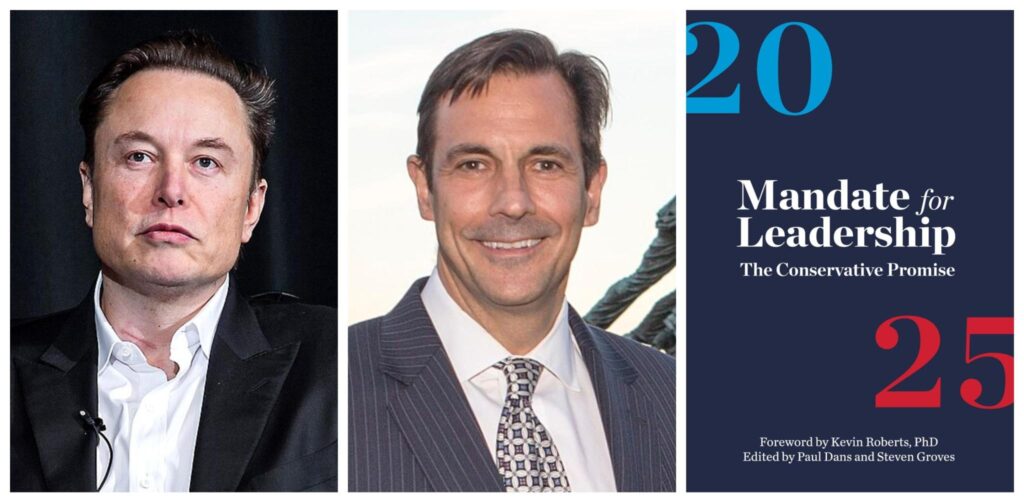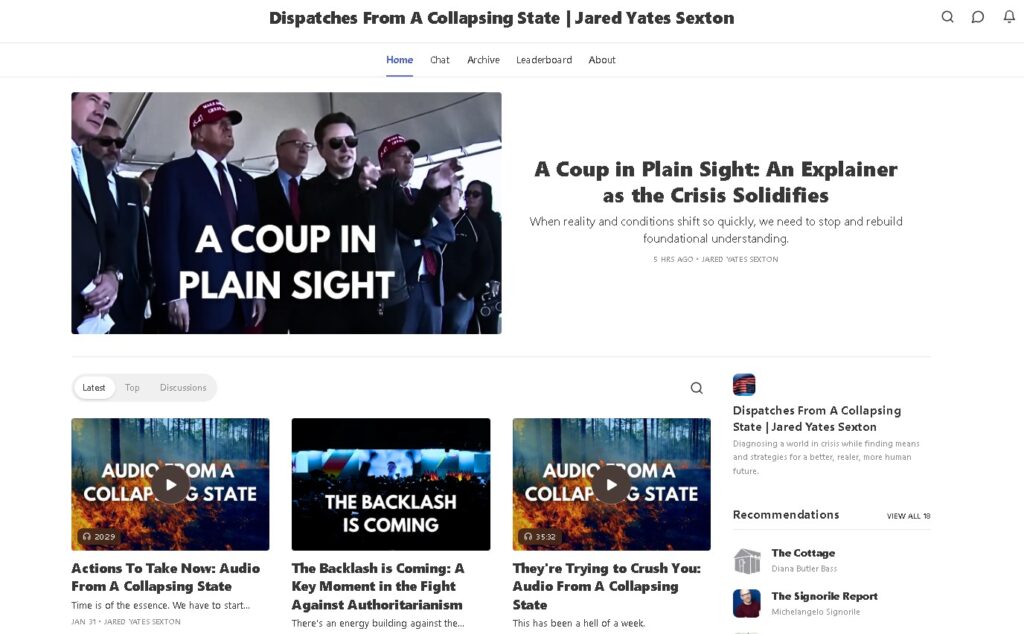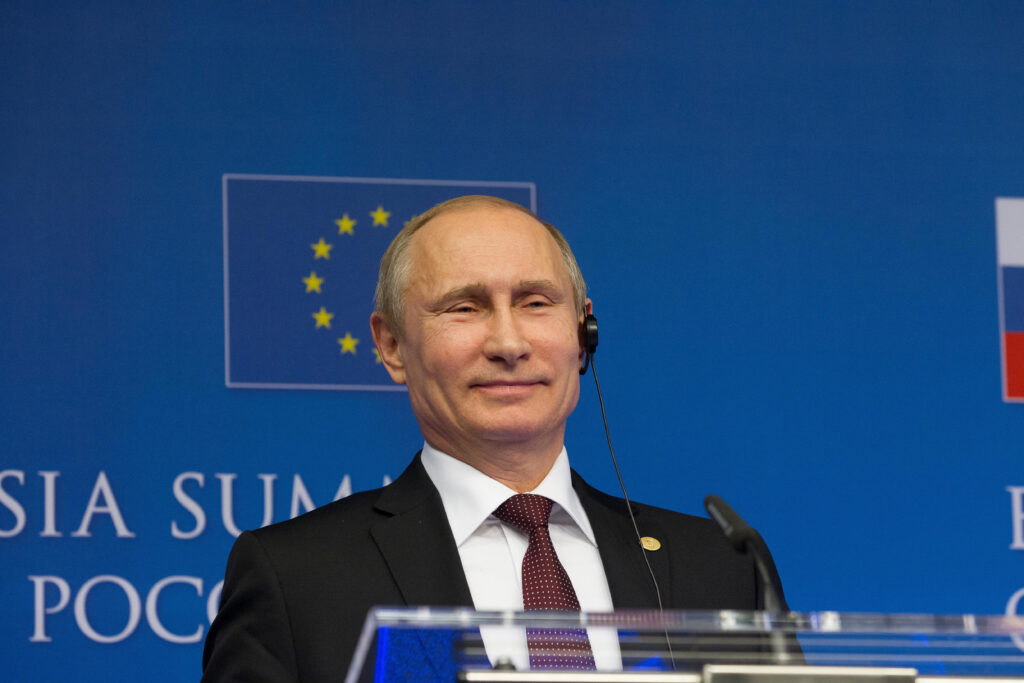Among the trigger events that got the deSmogBlog team thinking about a climate change blog, one of the biggies was a disingenuous press conference organized by the Canadian Vehicle Manufacturers Association. At the time, we prepared a newspaper Opinion Page submission (never used).
It follows:
It’s embarrassing, whenever it happens, to watch a PR professional spin a message so hard that it comes to rest in perfect contradiction to the truth. It gives public relations a bad name. It also undermines a client’s most precious asset – its reputation – and that’s what PR consultants are supposed to protect.
Neither the truth – nor ultimately the reputation of the auto industry signatories – will survive the Greenhouse Gas Memorandum of Understanding (MOU) that was announced on April 5, 2005.
Whether you were listening to the federal government or the auto industry, the MOU was hailed as an environmental breakthrough. The parties boasted that, after a strenuous round of federal arm-twisting, the automakers had agreed to reduce auto-based greenhouse gas (GHG) emissions by 5.3 megatonnes between now and 2010.
If you’re not sure what that means, you have already twigged to the problem with this message: taken out of context, it doesn’t mean anything.
First of all, the agreement is voluntary. Government and auto industry spokespeople presented this as a point to be praised, as evidence of legislators and businesspeople working together.
Spin.
In truth, this proves that the industry lobbied successfully against a standard that might actually be enforced. The feds had called for a 25-per-cent improvement in the average fuel efficiency of new cars by 2010. Mark Nantais, spokesman for the Canadian Vehicle Manufacturers Association, responded that meeting such a goal would be “very difficult,” perhaps resulting in plant shutdowns and layoffs among Ontario’s 60,000 auto workers. Faced with that threat, the government rolled over and now wishes to make merit of its toothless alternative.
The second problem with this MOU is that the math is meaningless. Industry has volunteered a 5.3-megatonne reduction in GHG emissions. But if you ask for specifics on the starting point – or for clarity as to the final GHG output – you’re destined for disappointment. The “Reference Case” is a moving target for which industry will accept no responsibility. For example, if automakers can get people to buy more cars, bigger cars – or, even better, trucks! – or if lots of people choose to keep their old gas guzzlers, all bets are off.
The automakers’ argument here is that they can make fuel-efficient cars, but they can’t convince people to buy them.
More spin.
Look around the streets of any city today and what do you see? Off-road vehicles that have never been off road. Or, more precisely, hugely profitable “light trucks” that are exempt from existing fuel-efficiency standards and from many passenger-safety standards, as well. These exemptions were implemented in the late ‘70s and were intended to protect farmers and construction workers – the only people who drove trucks in those days.
But North American automakers figured out that they could equip their inexpensive light-truck frames with pretty skins, leather seats and cupholders and charge a fortune for the result. Add four-wheel drive and the profit multiplier climbs even faster. All that was left was to create a demand, and by the mid ‘90s, General Motors’ advertising budget had topped $3 billion a year. This year, Ford estimates that it will spend $1.7 billion – most of it touting the trucks on which Ford makes its only profit.
All this is a reflection of the ultimate spin-job – the continuing campaign to deny the science behind global warming. The most recent triumph in this category is the book State of Fear by Michael Crichton – a man determined to keep the fiction in science fiction. In an Afterward to the novel, Crichton argues that the notion of human-induced climate change was dreamed up by a bunch of radical and dangerous environmentalists bent on – well, bent on being radical and dangerous environmentalists. Crichton suggests that scientists who have warned the world about global warming are in the same category as those who supported eugenics, the Nazi campaign to “improve” the human race by breeding Arians and murdering Jews. “The similarities,” Crichton says, “are not superficial.”
Scary.
When the radical environmentalist President George W. Bush handpicks a panel from the U.S. National Academy of Sciences, they confirm, unequivocally, that the science behind climate change is rock solid. Never-before discovered islands are emerging out of the Arctic ice. The snow-topped peak of Kilimanjaro is snow-topped no more. And yet the most powerful industries in the world are unwilling – they say helpless – to come to grips with the problem.
No wonder the spin. There is no way – in integrity – to pretty up that message.
Subscribe to our newsletter
Stay up to date with DeSmog news and alerts






